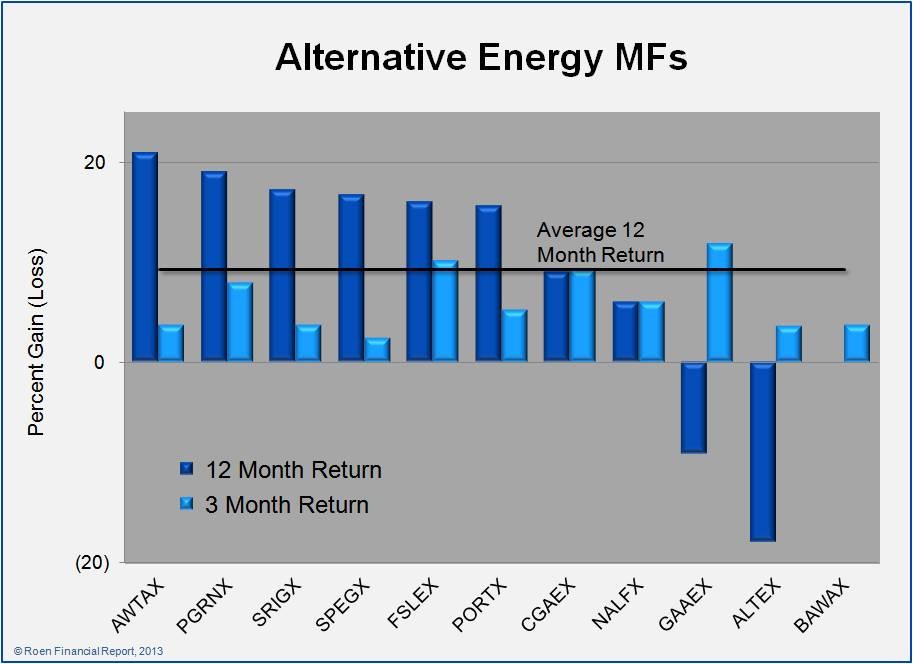Mutual Fund Historic Performance Isn’t All That Important
Post on: 16 Март, 2015 No Comment

Every investment guru has his or her own bit of investment advice for those who need to learn how to start investing. When I first started, the word on the street was to look at a funds past performance when deciding to buy a mutual fund. For instance, to help people choose the right mutual fund, Dave Ramsey suggests (Financial Peace Revisited, page 151):
Performance track record is the most important criterion I use. How much money did George make? You are looking for average annual return compounded over at least five years. You don’t buy baby fundsI want one that is old enough to have seen hard times; hard times make you wiseIf it has a great fifteen-year record that encompasses that date, you have a good fund.
The question is – is Dave Ramsey’s investment focus on performance correct? While the long term performance of a mutual fund may have some value, it is not the most important criteria. I did follow the Dave Ramsey investing advice; however, with the help of Sound Mind Investing. I now place less emphasis on past performance.
5 Problems With Mutual Fund Past Performance
The changing economic condition
Unrepeatable returns.
Even when you look over a 10 year history, it is possible that one extraordinary year could significantly impact those results. As the saying goes, even a broken clock is right once a day. Just because a mutual fund had an outstanding year does not mean that the same company will have another one in the future. Historic returns could report luck as much as anything else.
Management and strategy changes.
A person could notice that a certain fund has a strong five year performance history. However, what if the fund strategy has changed or the leadership has changed? Historic performance tells us what a fund did, but not necessarily where a fund is going .
Does the past dictate the future?
If team A has beat team B in 3 of the last 4 Super Bowl games, does that mean that Team A has a greater chance of beating team B this year? If all of the exact same players, factors, and conditions remained. However, each year there is a new list of variables. The same is true for mutual funds even if a mutual fund has outperformed the market in the last four years, there is no guarantee that the same will happen next year.
The presentation of the facts.
Mutual fund companies have a product to market. As a result, they look for the facts that show their performance in the best light. The mutual fund company might focus on total returns even though those annual returns are less than the market. Another common strategy is to show dollar returns instead of percentage returns.
Sure, diligent investors can see through the stats, but do some people take the stats at face value? I assume most consumers will accept the facts at face value.
Another example of how the facts can be misrepresented is by mutual fund categorization. As an example, Morningstar rates mutual funds based on their performance within a certain category. If a more aggressive fund can be placed in a more conservative category (mid-cap listed as a large cap), their numbers will show better results compared to its peers. This gives it the appearance of better performance when the issue is one of improper categorization.
The Exceptions
To make this fair and balanced, there is something to be said for a mutual fund that has consistently performed well. For whatever reasons, there are some funds that seem to get it right more often than they get it wrong. Historic performance is a factor to consider, but it just might not be as important as you were lead to believe.
The Best Alternative
One way to side step this historic performance pitfall is to buy index funds or index ETFs. If you dont know the difference, here’s a comparison between actively-managed funds and index funds . Basically, index funds remove a lot of the guesswork. You don’t need to try to find a fund that will outperform the market. Moreover, they are less expensive than their actively-managed counterparts.
How important do you think mutual fund historic performance is? Do you buy funds based on performance?














